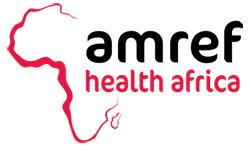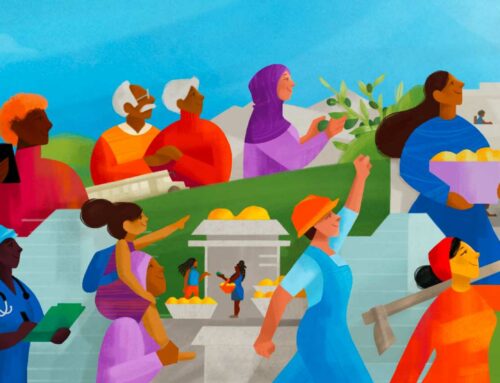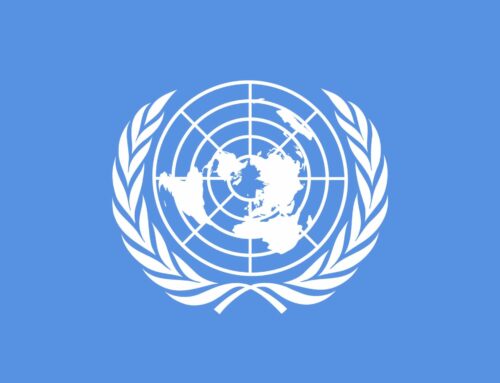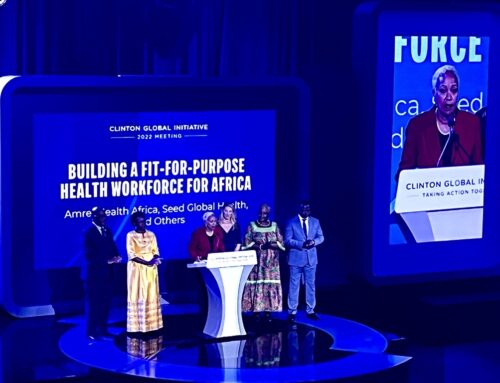CEO Dr. Gitahi Talks Vaccine Lag to The Washington Post
Even as the spread of the highly transmissible delta variant drags out the coronavirus pandemic, the prospect of mass vaccination offers a path to relative safety in much of the world. But in most of Africa, a continent left in the dust of the global vaccine scramble, that hope remains out of reach.
In recent weeks, Africa has seen its worst spike yet in recorded cases, in an overwhelmingly unvaccinated population. New cases of infection on the continent as a whole have dipped from an all-time peak in mid-July. Removing data from South Africa, though, “reveals a uniquely steep and unbroken nine-week surge” across the continent, the World Health Organization said last week.
Low- and middle-income countries around the world have struggled to inoculate their populations against the novel coronavirus after wealthy countries snapped up much of the global vaccine supply. But among all regions, nowhere is the global inequality starker than in Africa, where only 2.2 percent of people had received at least one dose as of July 23, compared with nearly half the population in North America.
Global health officials have voiced increasing frustration and alarm at the sharp divergence between wealthy nations and poorer countries left waiting for vaccines.
“There is no other word for it but a betrayal of trust, the consequences of which are now playing out in Africa, in lives lost that should not have been, had the wealthiest countries allowed poorer countries access to their fair share of vaccines,” WHO Director General Tedros Adhanom Ghebreyesus said in an email to The Washington Post. Tedros served as Ethiopia’s health minister and foreign affairs minister before becoming the World Health Organization’s first African director general.
Why has Africa received so few vaccine doses in comparison with other regions?
Many countries were cut out of the vaccine race before the first emergency-use approvals were granted.
Last summer and fall, while coronavirus vaccines were being developed and tested, wealthy nations cut deals directly with vaccine-makers, securing a disproportionately large share of early supply and undermining a fledgling Covax, the WHO-backed push to distribute shots equitably.
The idea behind the Covax facility was for countries to pool resources and distribute doses to all participating countries, regardless of their means.
Africa has been especially dependent on Covax. Most African governments cannot afford to buy vaccines themselves, so for years they have relied on GAVI, the global vaccine alliance behind Covax, to deliver vaccines for a range of illnesses, said Githinji Gitahi, global chief executive of Amref Health Africa and the African Union’s commissioner for coronavirus response.
